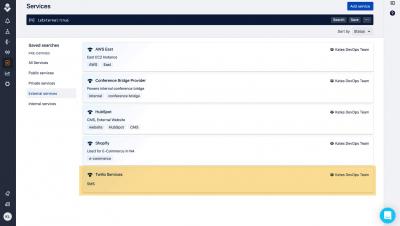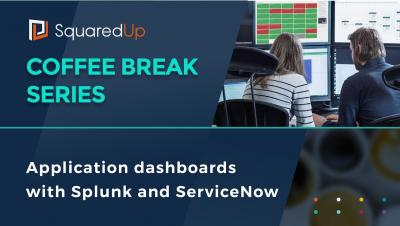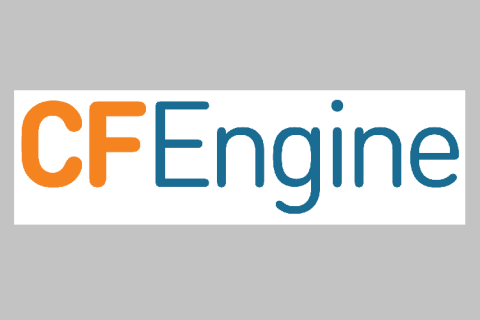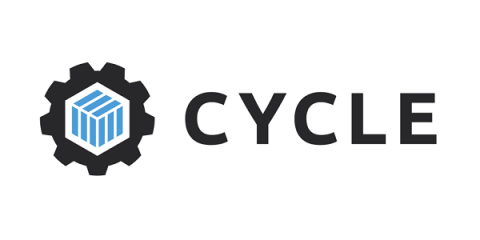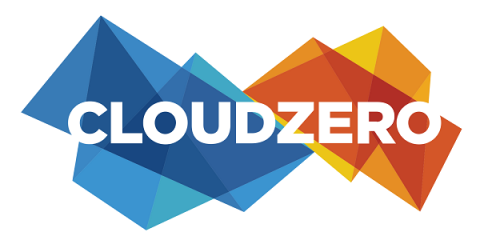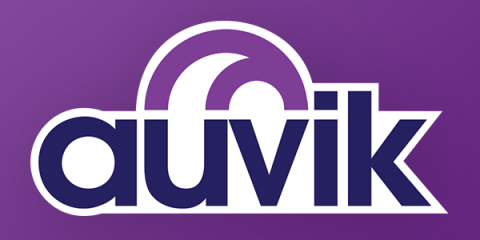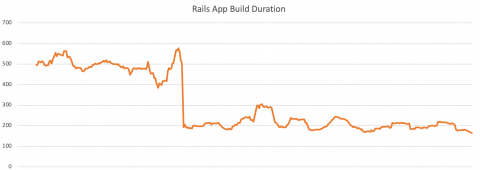Operations | Monitoring | ITSM | DevOps | Cloud
%term
Heartbeat Monitoring
Opsgenie External Services, Powered by Statuspage
Webinar: Application dashboards with Splunk and ServiceNow
CVE-2019-9929 - internal authentication secrets leaked in logs
The CFEngine engineering team has recently discovered a severe security issue in the CFEngine Enterprise product. CFEngine is using some internal secrets for authentication to the Mission Portal API and the PostgreSQL database when running background maintenance tasks. These internal secrets are randomly generated during the installation process and stored in files which only the root user has access to.
Deploying a Private Docker Registry to Cycle
Secure access to your own private registry helps control who has access to your images. Compared to usage-based services such as Docker Hub and Quay, a Cycle hosted private registry only consumes the resources you give it access to, yielding a more cost-effective deployment. Let’s take a look at how simple it is to deploy a private Docker registry on Cycle.
Cost: A New Critical Metric for DevOps
DevOps is a very data-driven practice. After the right cultural changes take place within an organization to adopt DevOps, teams often rely heavily on monitoring, measurement, and continuous improvement to keep their projects on track. The best teams use KPIs to benchmark their performance and report up to management. However, there’s one metric your DevOps team might not be tracking: The cloud cost of their engineering decisions.
IDC Report: Less Than 5% of All Data Analyzed
The global data supply reached 4.4 zettabytes (ZB) in 2013 – or 4.4 trillion GB – but less than five percent of that data was actually analyzed, according to the seventh Digital Universe report by the IDC. Approximately 22 percent of all existing data would actually be useful if tagged and analyzed.
How One MSP Fuelled Their Business With Firewall as a Service
Rails without Webpacker
We recently removed webpacker from our Rails 5 application. While it was a great way to bootstrap a new Rails app with a significant amount of Javascript we encountered some serious performance problems that we felt really impacted our productivity. We build our application images after every git push and we’d like to be able to deploy them quickly.




